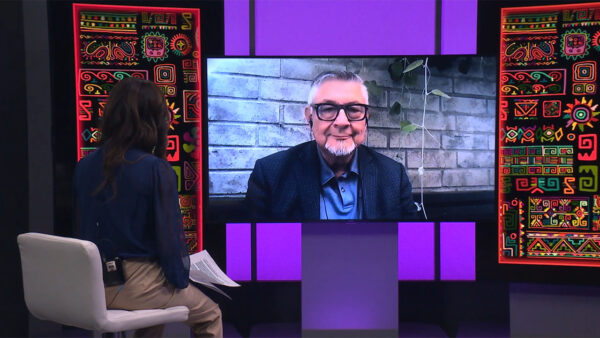Cronkite School writer-in-residence uncovers research on treating “immigration trauma”
Dec. 7, 2021
Immigrants and their family members can experience significant stress and trauma, which can range from dealing with past experiences in a home country to living a current life in the shadows. The Walter Cronkite school’s writer-in-residence Terry Greene Sterling reports on mental health issues facing immigrant communities. She joined Horizonte’s José Cárdenas earlier today.
Writing for The Guardian, Sterling reported on new research that suggests social justice activism helps allay symptoms of “immigration trauma,” a condition that has been documented in immigrant communities for years. The condition, often marked by PTSD, depression and anxiety, derives from many factors, including uncertainty regarding immigration policy and daily fears of losing loved ones to deportation in mixed-immigration-status-families that often include American citizens.
Arizona immigrants are pioneering new ways to reshape “immigration trauma,” Sterling reports. Germán Cadenas, an immigrant from Venezuela and a professor of Psychology at Lehigh University. His research suggests social justice activism can reshape trauma.
Reyna Montoya, also featured in the article, is strongly involved with healing immigrant trauma through a Valley nonprofit she founded, Aliento. Montoya’s own trauma stems from living in a mixed-status-family. Her father fought deportation for many years, and eventually adjusted his status.. The experience led Montoya to create a culturally competent healing space for mixed-immigration-status families.
Viridiana Hernández, the leader of the Phoenix nonprofit Poder in Action, along with her mother Rita, helped oust former Maricopa County Sheriff Joe Arpaio by joining a movement to sign up voters. Among other things, the nonprofit is focused on dismantling discriminatory policing.























